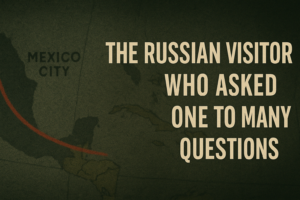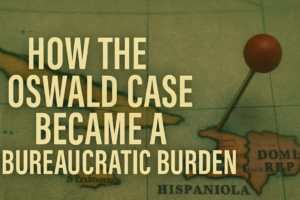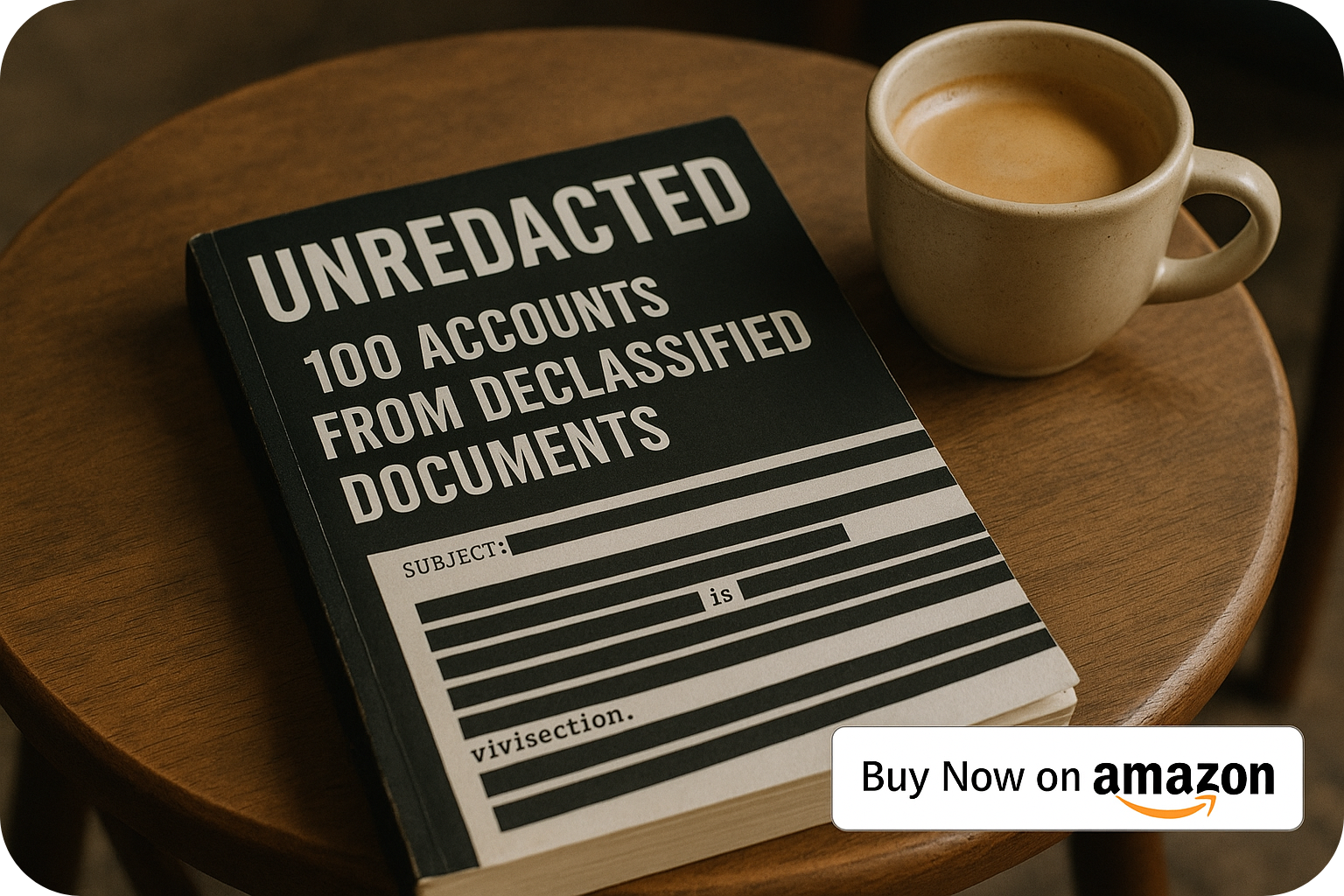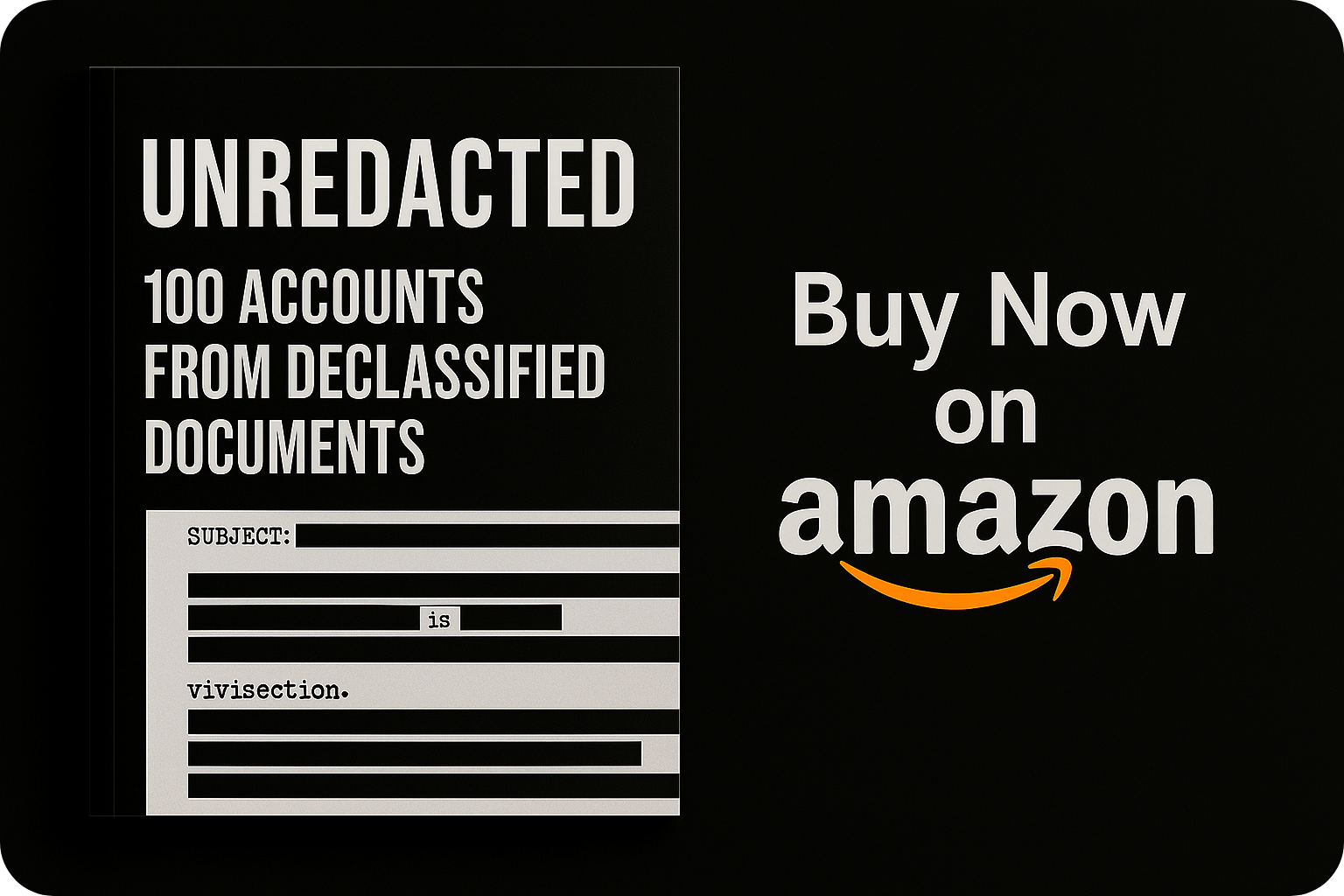In document 194-10012-10400, released as part of the 2025 JFK files, a mid-level U.S. official expresses clear frustration over lingering attention to Lee Harvey Oswald’s passport and embassy file.
The request is simple: close it, bury it, and move on.
But the date-March 1964-makes the urgency seem like something more than just bureaucratic cleanup.
📁 "This Should Be Treated as a Closed Matter"
The memo, sent between officials in the State Department’s Security Office, discusses the ongoing interest in Lee Harvey Oswald’s case-particularly his Soviet defection, passport reinstatement, and his reentry into the U.S.
At a moment when the Warren Commission was still taking testimony, the Department was already recommending a full administrative shutdown of Oswald’s consular records.
"In view of the information presently available… there would appear to be no further need for action by this office. This should be treated as a closed matter."
There’s no recommendation for follow-up. No effort to clarify the many open questions surrounding how Oswald got a new passport in 1961, just months after threatening to defect to the USSR.
🧹 A Push for Institutional Amnesia
While the memo doesn’t directly call for destruction of records, its intent is unmistakable: tie off the loose ends and move on. The official appears more concerned with clearing paperwork than with aiding an active investigation.
And the phrase "based on information presently available" stands out. It acknowledges a lack of certainty-but still leans toward silence.
It’s not a cover-up. It’s clearance by exhaustion.
📆 March 1964-Far Too Early for Closure
This memo was written just four months after Kennedy was assassinated-and months before the Warren Commission would publish its final report.
The idea that any office within the U.S. government felt ready to "close" the Oswald case so soon raises serious concerns. At that point, multiple questions remained unanswered:
- Who approved his passport renewal?
- Was he interviewed upon return?
- Were other agencies consulted?
None of those issues are addressed. The memo simply expresses relief that the file can be put to rest.
🚪 A Door the State Department Couldn’t Wait to Close
By urging administrative closure of the file, the memo reveals what some agencies wanted in 1964: a fast end to their involvement.
The assassination had thrown light into too many corners of Cold War bureaucracy, and this memo reads like a quiet attempt to turn the lights back off.
🧩 Not a Smoking Gun-But a Clear Signal
This memo doesn’t implicate anyone. But it does illustrate a mindset shared across Washington: Oswald was a problem best left behind.
The full truth might have been inconvenient, embarrassing, or difficult to explain.
So instead of pursuing it further, this official did what bureaucracy does best.
He filed it away-and asked never to look at it again.






